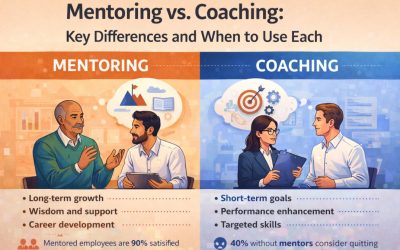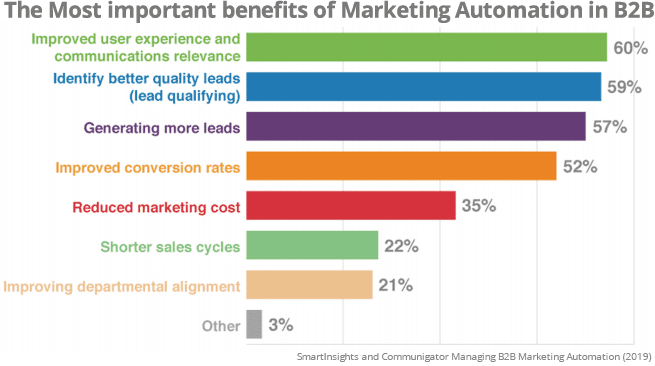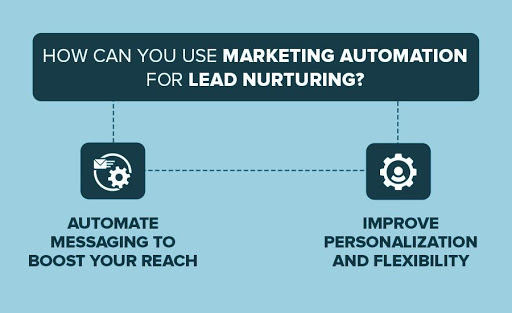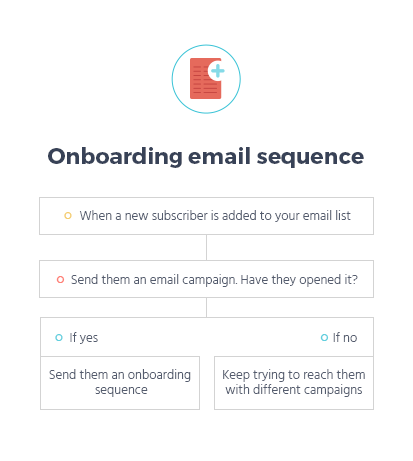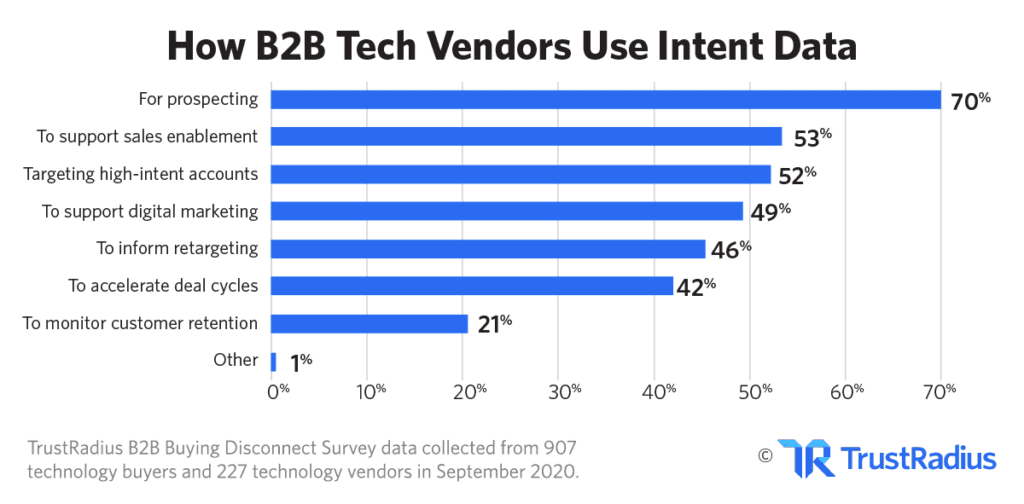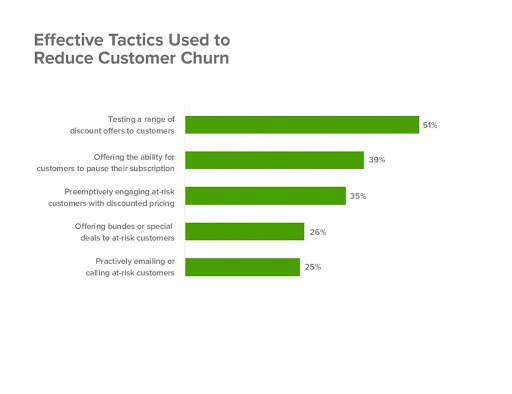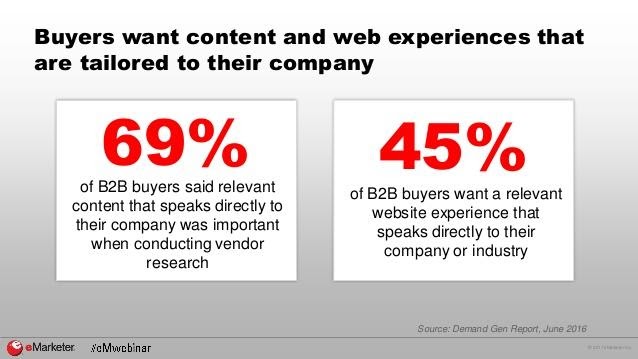Statistics show that mentored employees are happier at work, with 90% reporting job satisfaction. The numbers paint a stark contrast - 40% of employees without mentors have thoughts about quitting. The difference between coaching and mentoring plays a more vital role...

17 signs of a bad boss that should raise the alarm
Dealing with a bad boss in the workplace is not just a challenge for the employees but it affects the entire organisation. So knowing how to recognise the signs of a bad boss is necessary in order to avoid a major disaster.
There are two possible outcomes of seeing the signs of a weak manager and raising the flag:
- It will be taken seriously, inspected and dealt with, or
- Your claims will be dismissed and eventually, you’ll have to part ways.
Healthy organisations will recognise the threat that lies in having a bad boss and will take action to help them polish their leadership skills or show them the door. On the other hand, companies with a toxic culture will continue as if nothing happened and only make things worse. If you’re a mere employee, you better steer clear from such companies.
17 apparent signs of a bad boss
We already know the traits that make a good boss and business owner, but let’s take a look now at the indicator signs of a weak manager.
Not appreciative of employee feedback
When employees ignore policies enforced by the management this implies that they’re in disagreement with the policies and apparently don’t respect the CEO or upper management.
Frequent turnover may indicate a problem with the management. If the salary is above average for the position and still the turnover is beyond the industry standard for that position you reasonably have a problem with the management.
Daniel Foley, CEO of Daniel Foley Marketing Agency
Having a lack of clarity
An alarming sign of a weak manager – lack of clarity. Clarity of purpose, mission, strategy and personal management philosophies are critical for success. A leader who lacks clarity, one who either changes his/her mind too frequently, one who is confused or lacks the fortitude to stick with the direction, will lead the company into the ground. Clarity of purpose and the strength to stick with it are indicators of sustained success.
Ravi Kathuria, Founder of Cohegic Corporation
Publicly criticising employees
One sign of a bad boss is when they give public criticism of their employees. While public praise can make an employee feel valued and respected, public criticism is just cruel. Constructive feedback should be shared in a private space, even if it’s something as small as a correction on email formatting. Keeping criticisms private shows respect for your employees as people, and will motivate them to improve.
Yuvi Alpert, Founder of Noémie
Excluding team members from meetings
Michelle Horlbogen, CEO of The Gentlewoman Boss
Unhappy employees
The first sign of bad management can be seen through the reactions of the employees. If workers aren’t happy, this means that something is wrong with the management. When people constantly leave and resign, this is another red flag. No one wants to stay in a company that treats people badly. Also, when a company constantly gets in trouble, it means that they’re making the wrong decisions. This affects the employees as well since bad decisions can lead to a company closing in a blink of an eye.
Michael Humphreys, Founder and CEO of Z Grills Australia
Constantly micromanaging
In 2019, we lost close to $500K in revenue, which was attributed to lack of delegation. I used to follow up with each employee instead of allowing them to display their potentials and own the process. When I hired an independent HR to audit what was going on, my employees were not happy with my management style. And since we changed this, we have realized double-digit growth.
Today, we only set the overall company objectives and each employee is required to set their own targets and goals based on the company objectives. In this way, they own the process and feel proud of their achievements.
Ronnie Teja, CEO at Branzio
Bad task dissemination
An alarming sign of a bad boss is when he doesn’t know how to effectively manage his subordinates in terms of task dissemination. As a leader, you have to learn how to delegate tasks fairly and make sure that all employees comply with their assignments. An unfair workload may result in employees quitting their jobs and maybe resulting in burnout.
William Taylor, Senior Recruitment Advisor at VelvetJobs
Not respecting time off
To have your work done with the highest quality, the employee should organize their time efficiently. When they work in the office, they need to concentrate on their company tasks. However, each of us needs to maintain a proper life balance and keep track of our time off. Managers should respect that and make sure their personnel is healthy and well-rested. If they start calling you during the weekend and ask for some reports, that might be a sign that it’s time to quit.
Cristina Moraru, Digital Marketing Assistant at Media Training
Overpromising and underdelivering
Paul French, Managing Director at Intrinsic Search
Focusing on the negative
Donna Atanasova, Marketing Specialist at myPOS
Not listening to reports
Markus Goess Saurau, Co-Founder of Sönd
Inability to motivate the team
If the team isn’t excited about the product/service they create, about the process that leads to production, how are they going to motivate buyers and users? High-performance team is fired up. Not knowing how to fire up your team is a sign of lack of management skills.
Natalie Luneva, SaaS growth and team performance coach at Natalie Luneva
Low emotional intelligence
When a leader has low emotional intelligence i.e. is out of touch with themselves and the world around them, they aren’t an effective leader, but instead, a bad boss. This lack of self and social-awareness, curiosity, and self-confidence can be seen in their inability to listen, control their emotions, embrace humility over authority, and guide and empower their team and people through asking insightful (non-leading) questions.
Brittney-Nichole Connor-Savarda, Founder of Catalyst 4 Change
Unreached company goals
Daniel Shapiro, Founder and CEO of Fourlaps
Not taking ownership of issues
As a manager, your job is to make sure the team functions successfully, and take steps to fix the problem when it’s under-performing. It may be productive to identify who caused an issue in the workplace, mostly so you can work with them and keep it from happening again, but it’s a red flag if the boss’ first impulse in response to a crisis is to point the finger instead of looking for solutions.
The real problem here is that the boss has the wrong mindset. They’re concerned with the appearance of success rather than doing the hard work of achieving it. Someone who wants the best for their team and company will do what it takes to improve it, and that means admitting their faults and owning up to their mistakes. Someone who gets defensive in response to criticism is more concerned with their own ego than the good of the team.
Matt Erhard, Managing Partner at Summit Search Group
Rejecting all ideas
Vincent Bradley, CEO and Co-Founder of Proper Wild
Creates a toxic company culture
If your team just seems flat and uninterested in their work, that’s mostly because of the bad boss that creates a toxic company culture. When many businesses think of toxic cultures, they immediately assume it’s all about high staff turnover and high conflict. But in truth, many toxic cultures are actually flat and see teams just coast in their roles rather than take an active interest.
The low-energy toxic company culture can see teams with no enthusiasm about the product or service you provide, let alone your customers.
Lizzie Benton, Founder and Culture Consultant at Liberty Mind
More must-read stories from Enterprise League:
- The most promising biotech startups along you must know.
- Get inspired from this list of creative small business ideas.
- 26 creative customer appreciation ideas for small businesses.
- The issues of a bad location and how to overcome them.
Related Articles
Mentoring vs. Coaching: Key Differences and When to Use Each
How to Describe Your ICP for an AI Lead Finder: Examples and Best Practices
The prompt is everything. When using an AI lead finder, the quality of your results depends entirely on how well you describe what you're looking for. Get it right, and you'll receive a list of precisely targeted prospects in seconds. Get it wrong, and you'll waste...
What Are the Best Private Label Bread Suppliers for Grocery Stores? These Are the 6 Top Options
Store brand bread programs have become a core growth lever for fresh goods stores that want stronger margins, tighter brand control and more flexibility in how products reach shelves. For business owners and operators, the supplier behind that program matters just as...
4 Top-Rated Fleet Management Services for Mobile Health Care Providers
As the number of mobile health care programs rises, their success depends on medical expertise and flawless logistics. Challenges like vehicle uptime, specialized maintenance, driver staffing, regulatory compliance and route optimization can overwhelm organizations....
Why Every Business Needs a Technical SEO Agency
Introduction Just having a website isn't enough for businesses today. Companies, especially SaaS businesses, need to make sure their platforms are visible and user-friendly. This is where SEO for SaaS comes in. But SEO isn't just about adding keywords; it requires a...

